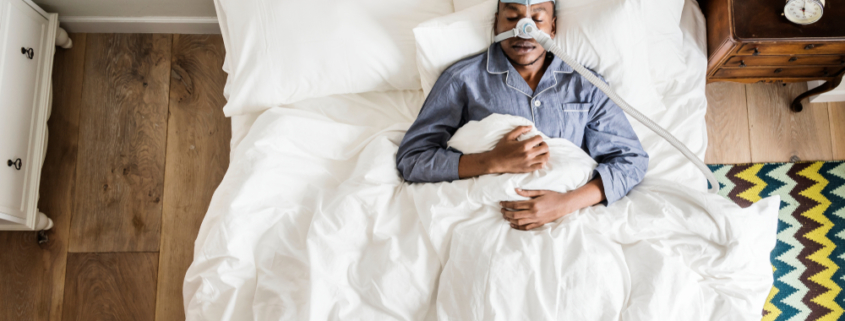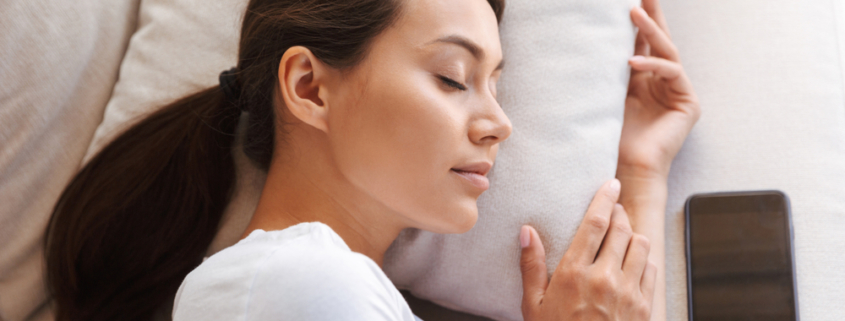Integrative Dentist in Alaska: What Services Are Included?
If you’re looking for a new and unique approach to dentistry services, you’ve come to the right place. Mandanas Dental is an integrative dentistry, also known as holistic dentistry, which is a dental practice located right in Alaska. Integrative dentistry is completely different than a traditional dentist and the services they provide.
In this blog, we will be breaking down the differences between both types of dentistry, the services Mandanas Dental offers, and if integrative dentistry is the right fit for you!
Ready to make the switch? Contact Mandanas Dental.
What’s the Difference Between a Traditional and Integrative Dentistry?
Traditional dental practices usually involve regular checkups, teeth cleanings, x-rays, cosmetic dentistry, preventive dentistry, repairing teeth, etc. Both types of dentistry will essentially fix and solve the issues you are experiencing with your teeth, but only one will focus on not only your teeth, but your whole body as well as your overall health.
Integrative dentistry may not be for everybody, but Dr. Mandanas believes it is the right approach to living healthier and fuller lives. People may want to get in and get out with their dental appointments, but some may want to know the root cause of why they are feeling a certain way that doesn’t pertain to their teeth, which is why we offer an extensive procedure.
Integrative Dentistry Services Mandanas Dental Offers
General Dentistry
Mandanas Dental offers General Dentistry, which gives us a chance to monitor the conditions that can affect your oral health (as well as your overall health and well-being. This includes:
- Examining your mouth for hidden dental problems
- Looking for cavities and wear and tear on your teeth
- Keeping an eye out for signs of gingivitis or gum disease
- Recommending and performing the appropriate procedures
Cosmetic Dentistry
Looking to perfect your smile? Looking to make a difference in the way you present your teeth? We have just the solution for you! Cosmetic Dentistry gives you the opportunity to feel confident and satisfied. Check out our treatments that will help enhance your teeth.
- In-office Teeth Whitening
- Opalescence Take Home Whitening
- Porcelain Crown, Veneers, and Tooth-Colored Fillings
Snoring and Obstructive Sleep Apnea (OSA)
A major cause of sleep apnea is poor alignment in the anatomy of the jaw and tongue. If you think you are experiencing sleep apnea, our integrative dentists will look for these misalignments:
- Retrognathia: Poor Alignment of the Lower Jaw
- A “High Tongue”
- Mouth Breathing
- Tongue Positioning
Dentures & Dental Implants
We can help you to replace them. It’s about more than just your ability to eat properly – we know that missing teeth can also affect your appearance and harm your self-image. That’s why we offer multiple options for rebuilding your smile.
- Complete Dentures
- Partial Dentures
Implants replicate a missing front or back tooth. They can also be designed to work with crowns, bridges, dentures, and other dental devices. The best thing is that can be completely customized to permanently correct your smile.
Orthodontics
Mandanas Dental has been straightening teeth for over 12 years! We help our patients achieve the smile they’ve always wanted with our affordable orthodontic solutions. Check out some of our alternatives.
Sedation Dentistry
Dental anxiety is real and we want you to know that you are not alone. At Mandanas Dental, we make sure our patients our comfortable. Dr. Mandanas can administer nitrous oxide (laughing gas),local anesthesia, or monitored anesthesia care to ensure your procedure can be done in the most relaxed manner possible. Learn more about Sedation Dentistry here.
Our Integrative Dentists Can Make a Difference!
Before booking your next dental appointment with a traditional dentist, consider taking a holistic approach to our integrative dentistry services here at Mandanas Dental. Not only will our team of experienced professionals be able to assist and help fix your teeth, but we will be able to access your overall health and well-being and provide solutions for better oral care.
Want to feel confident in the way you smile? Contact us today!






